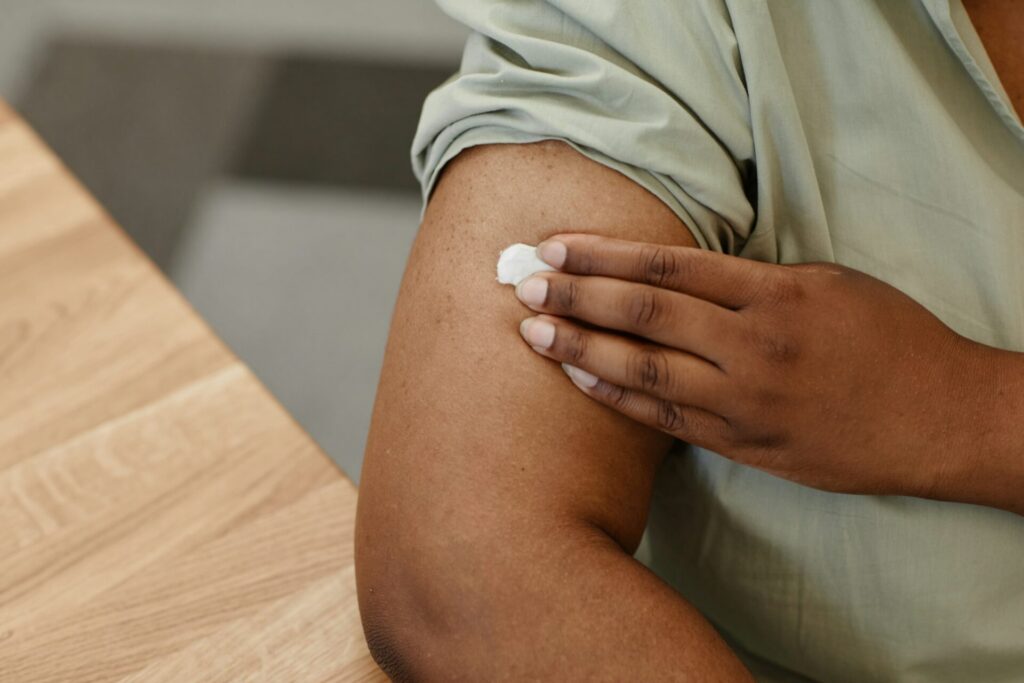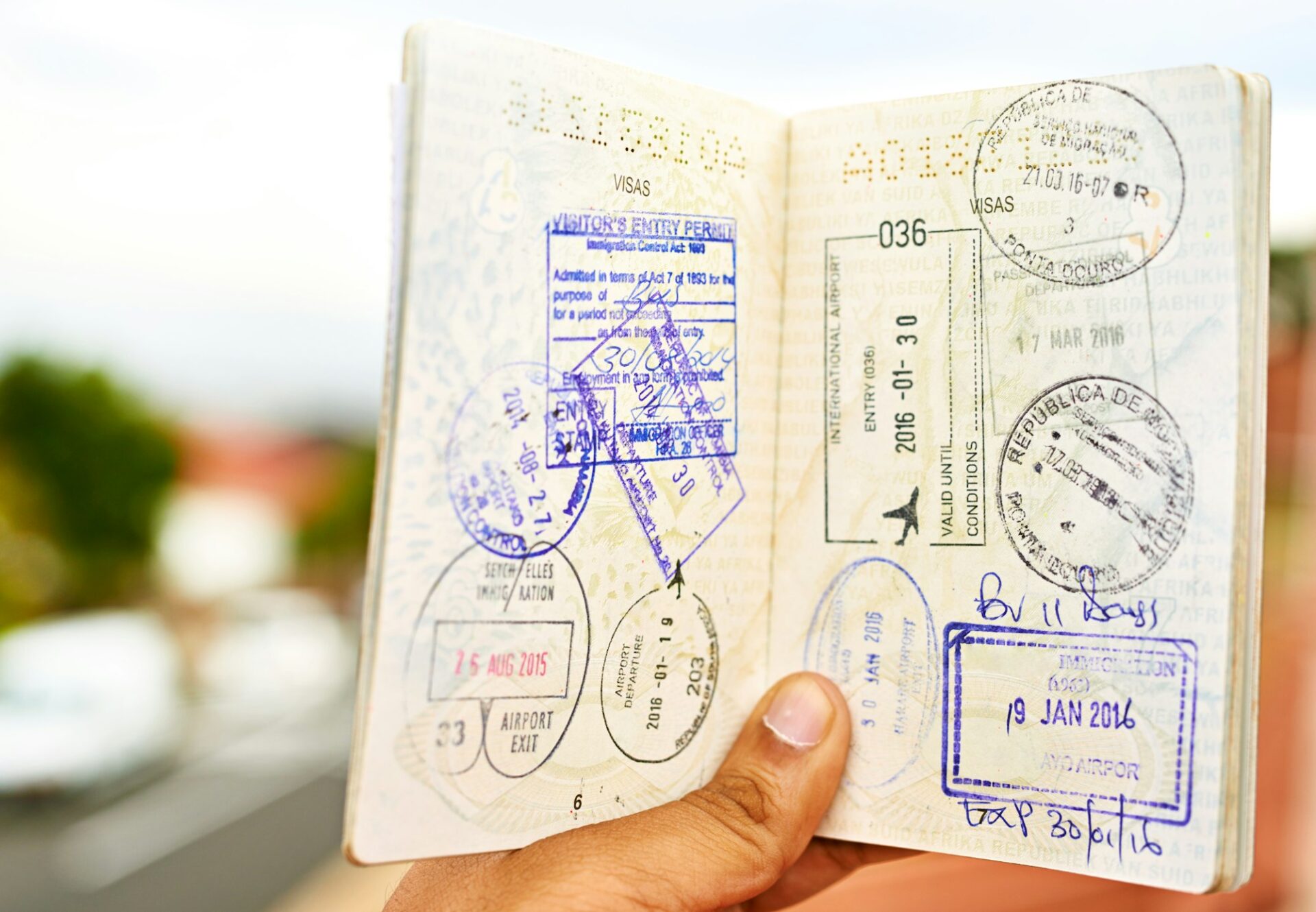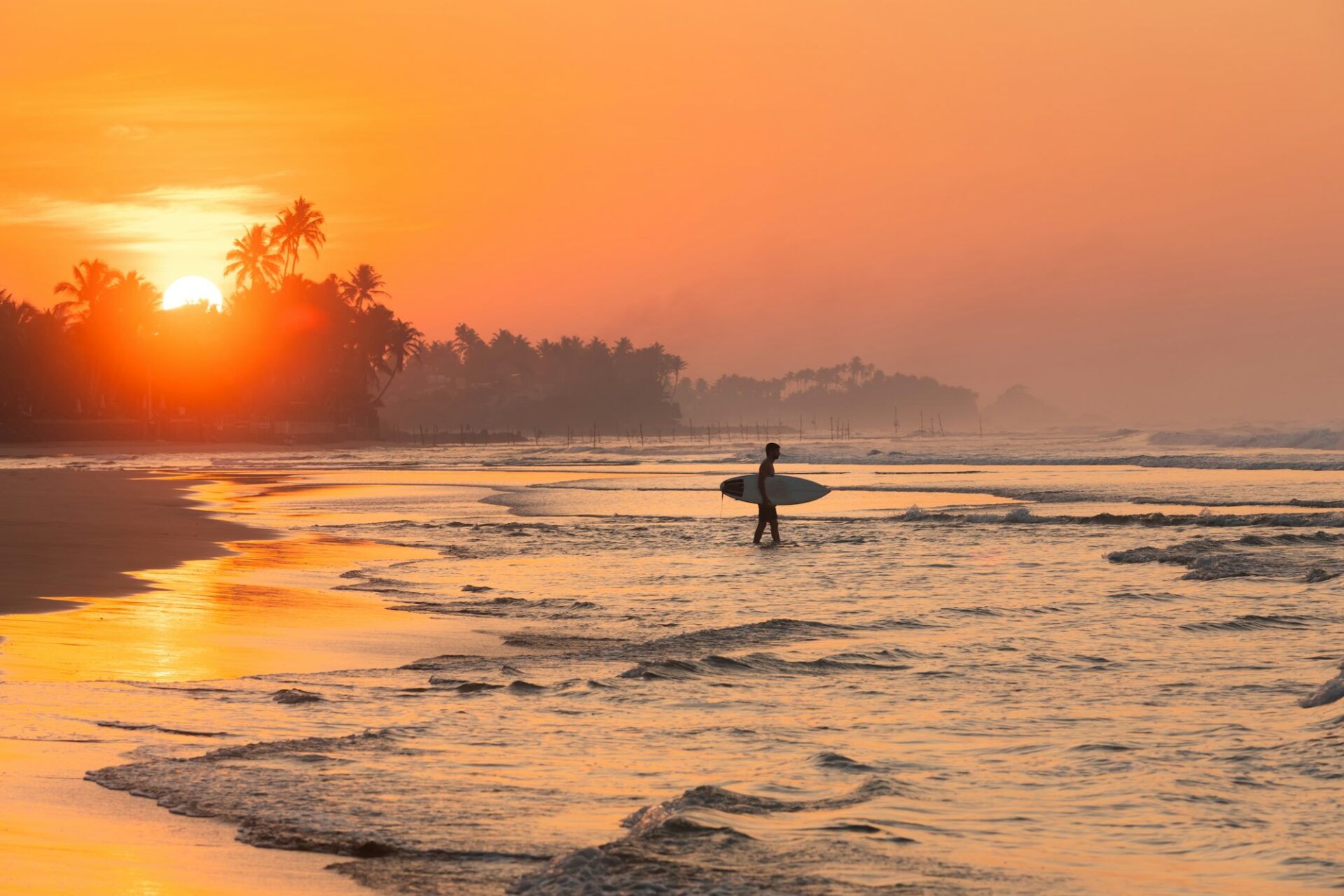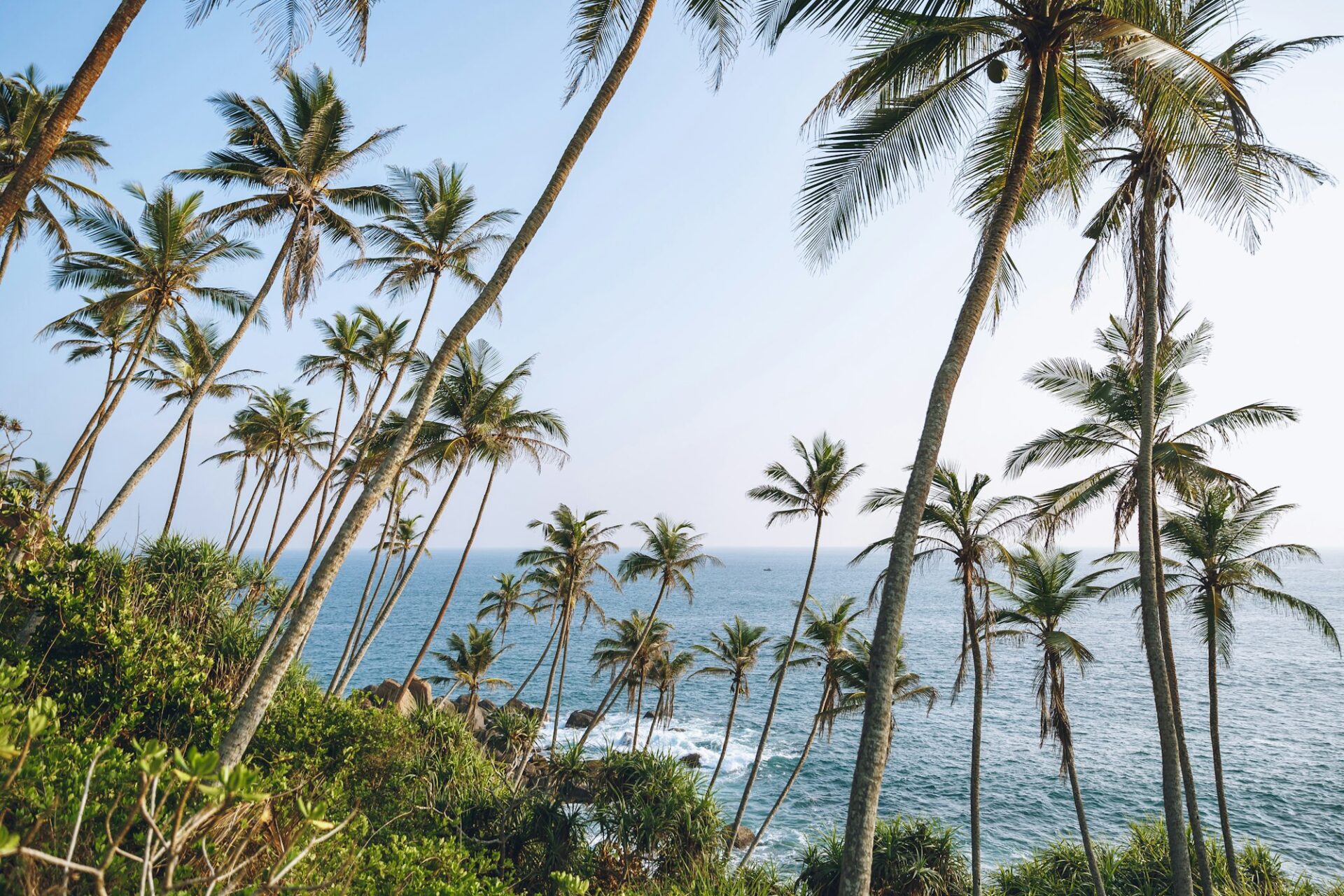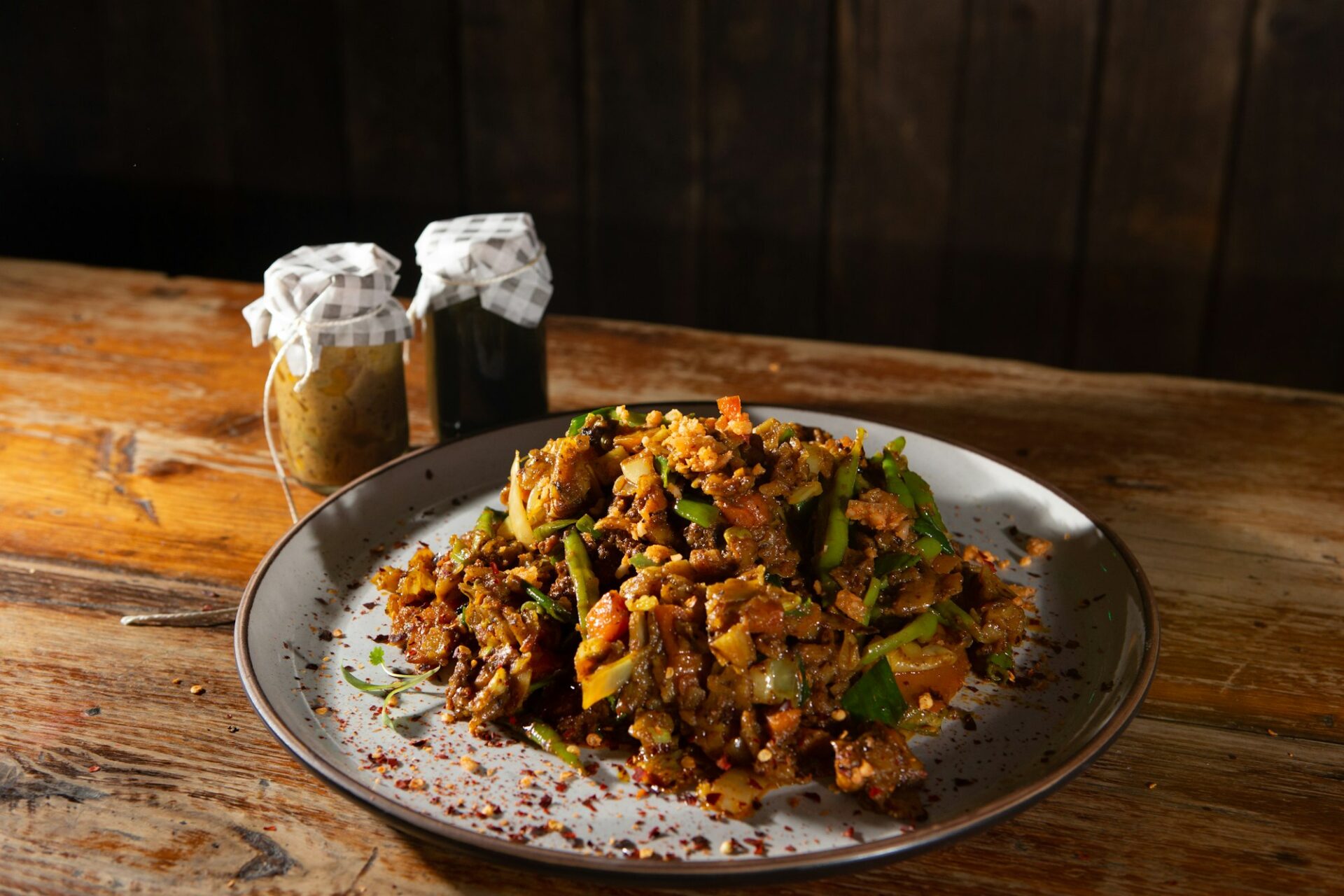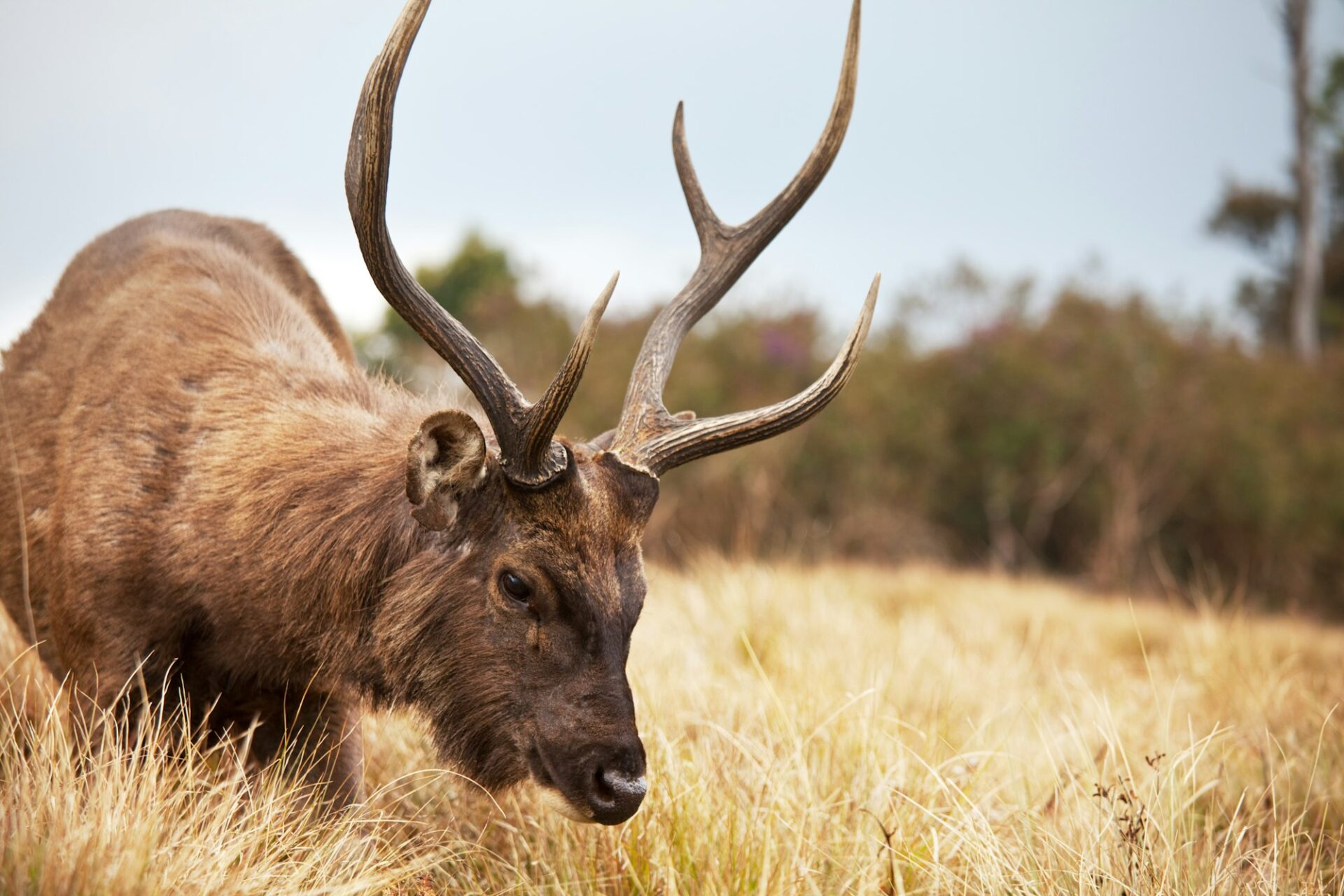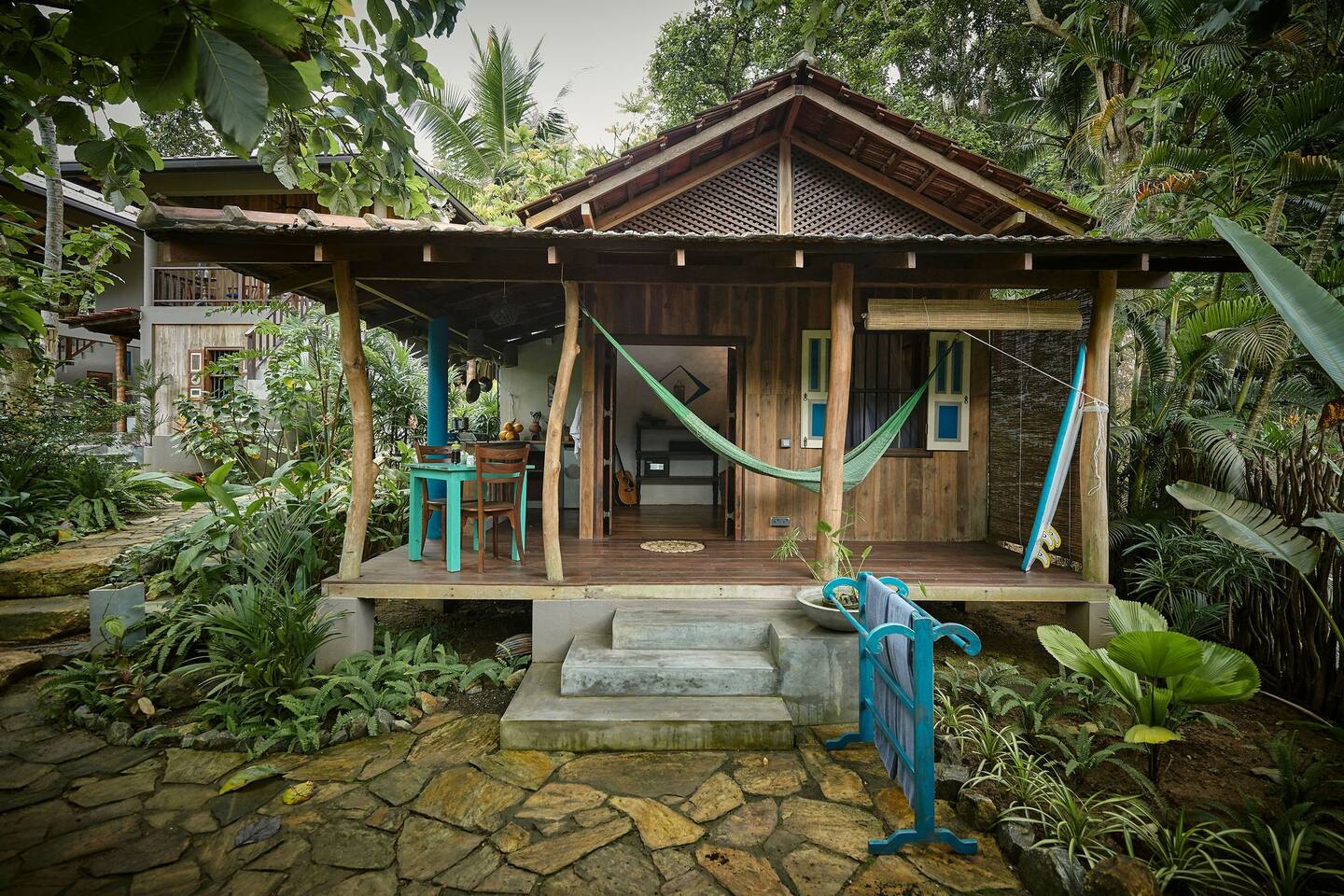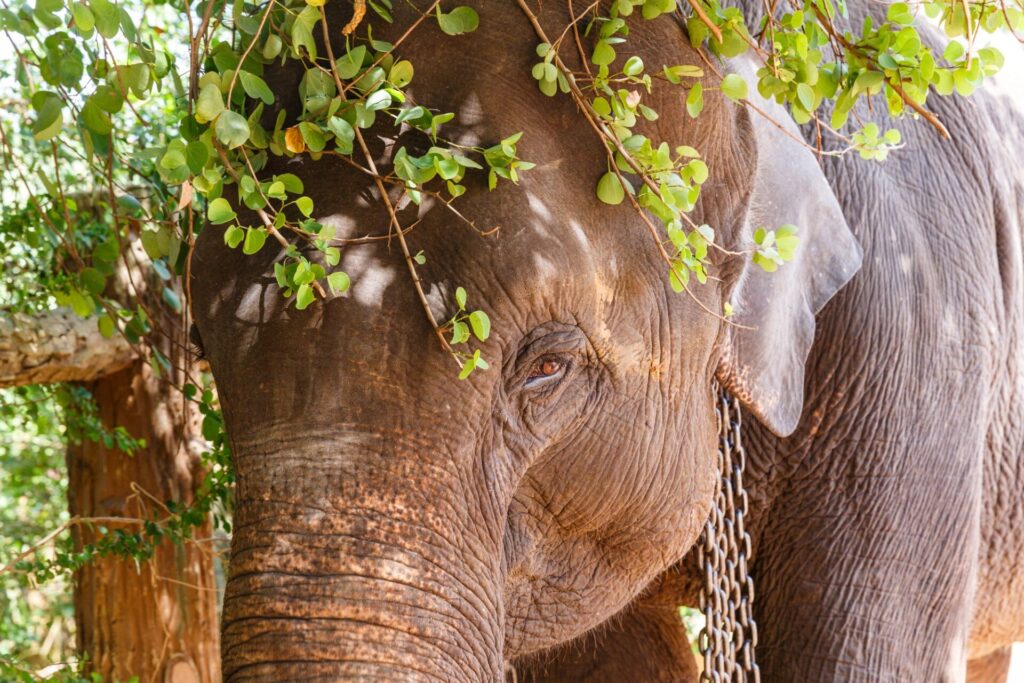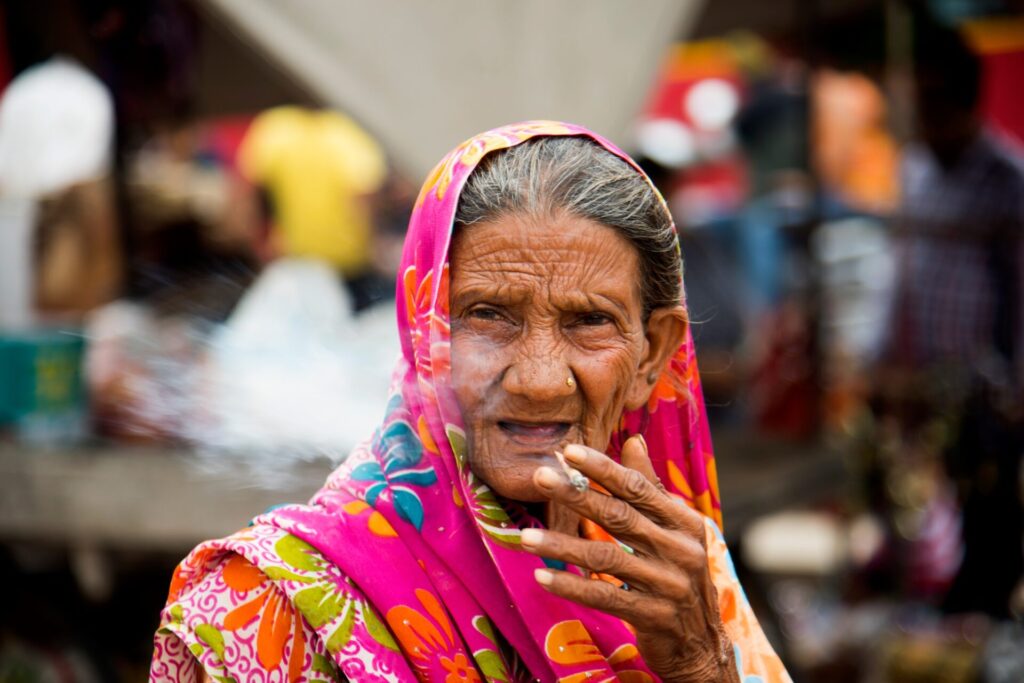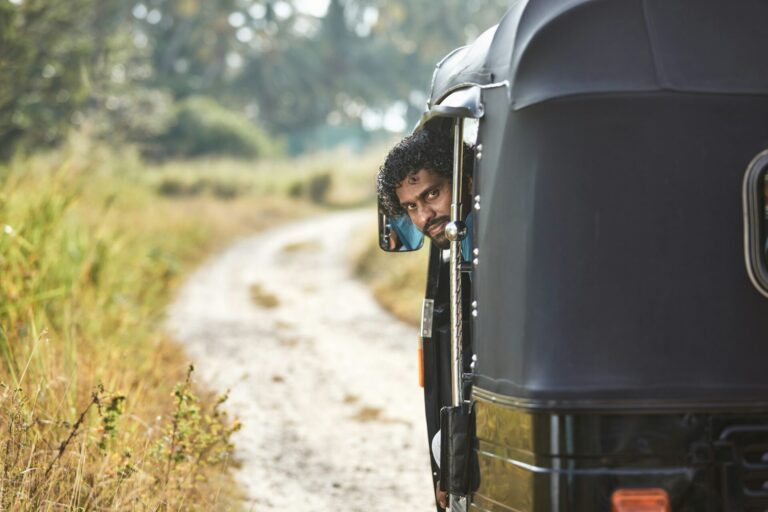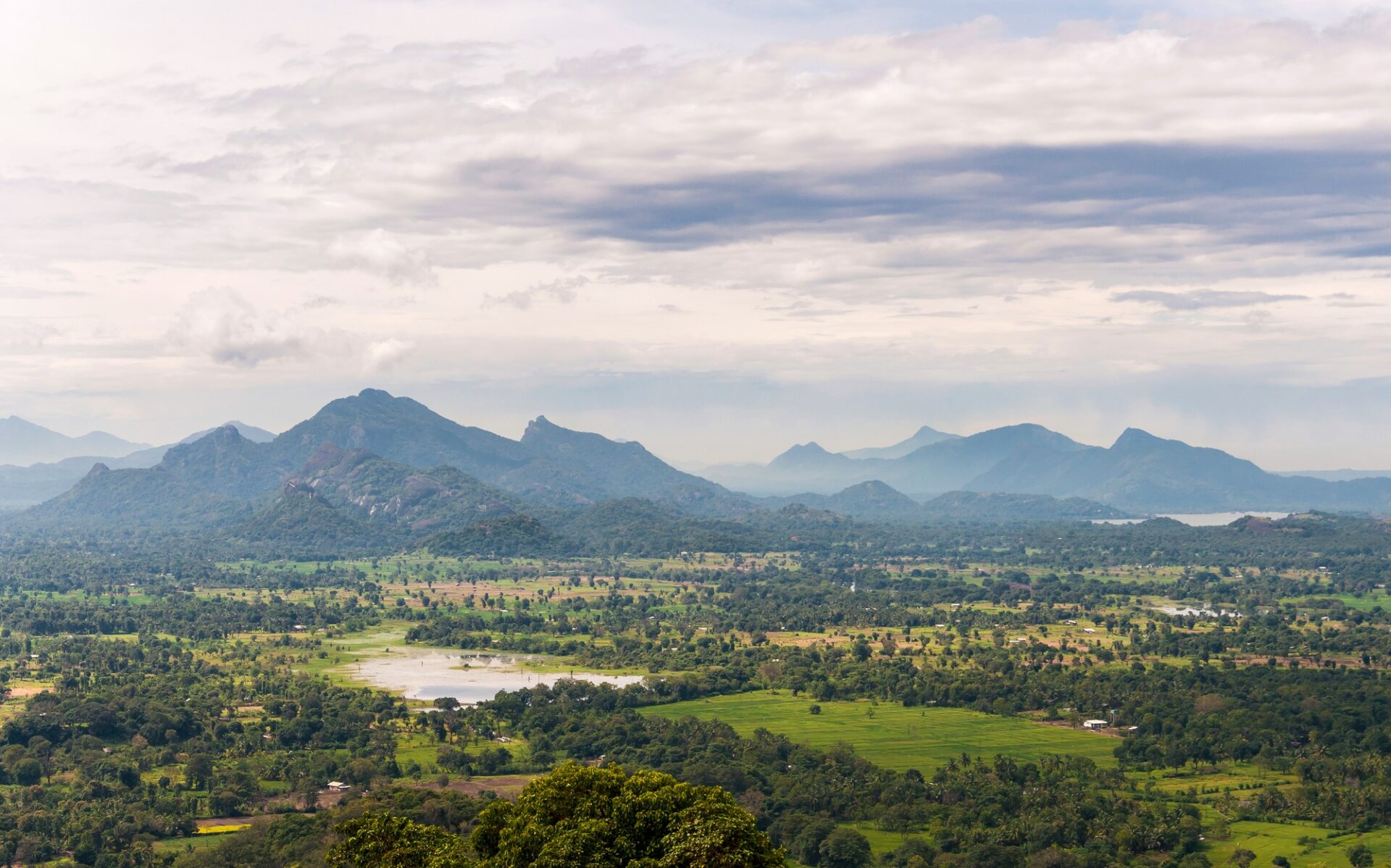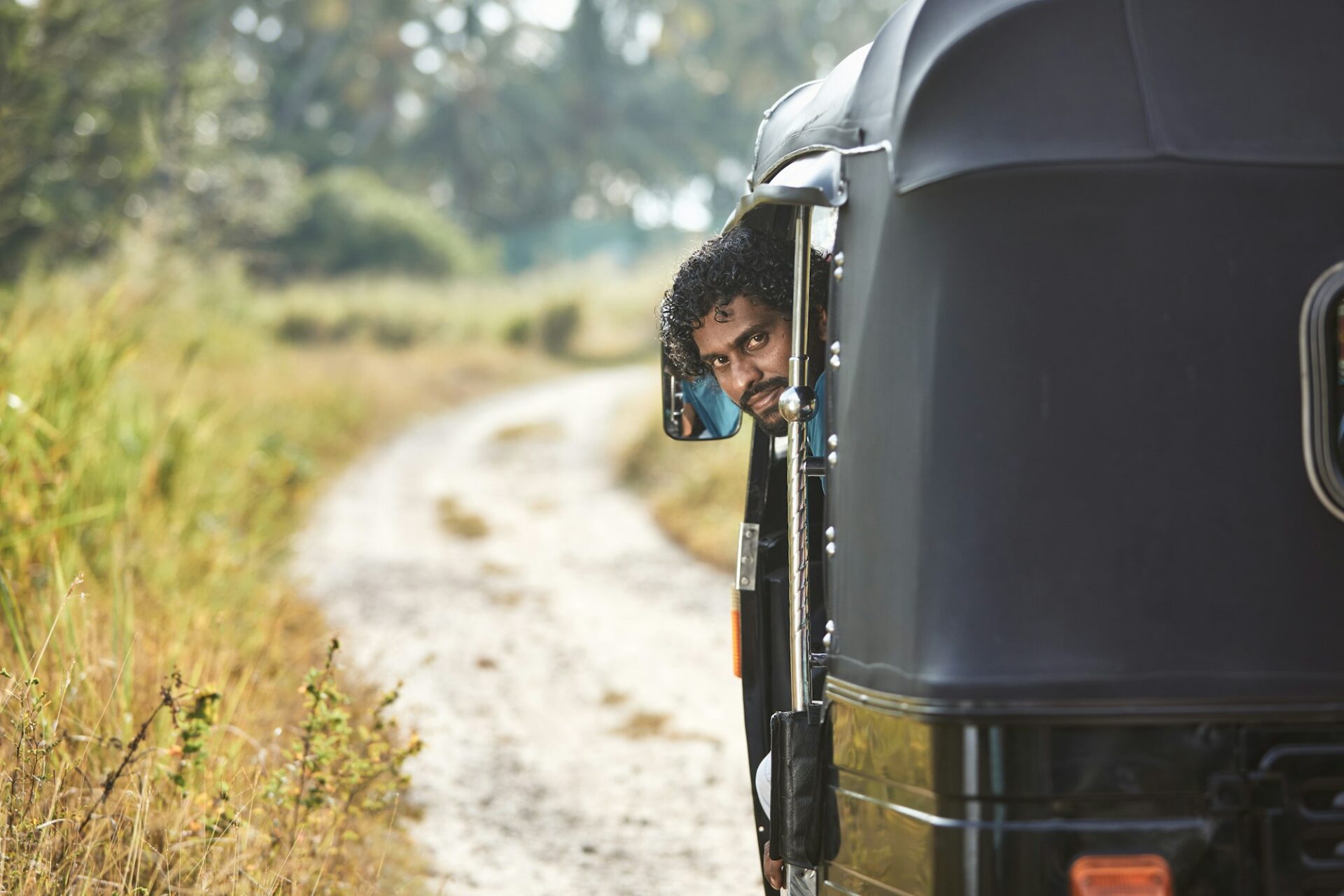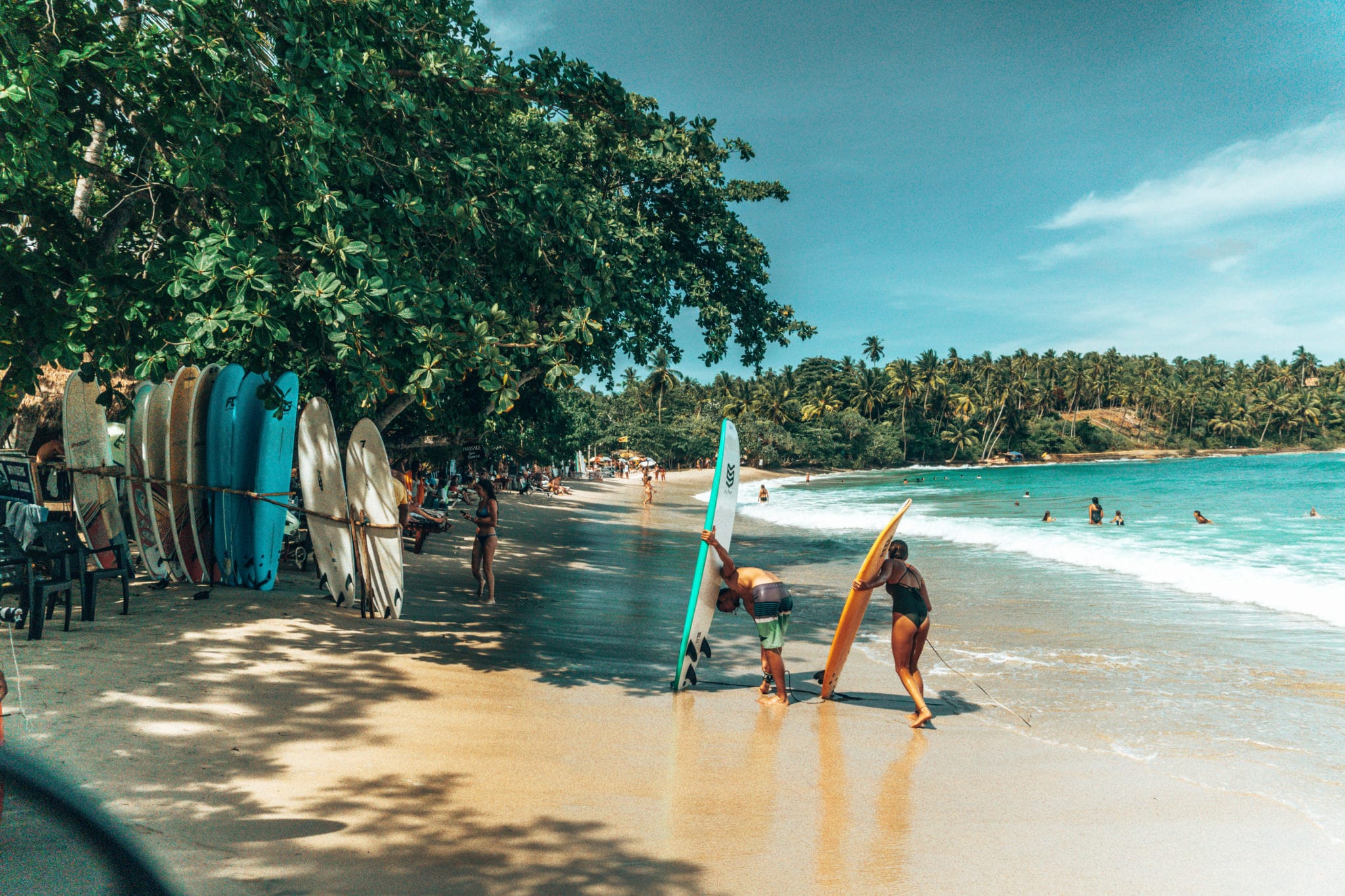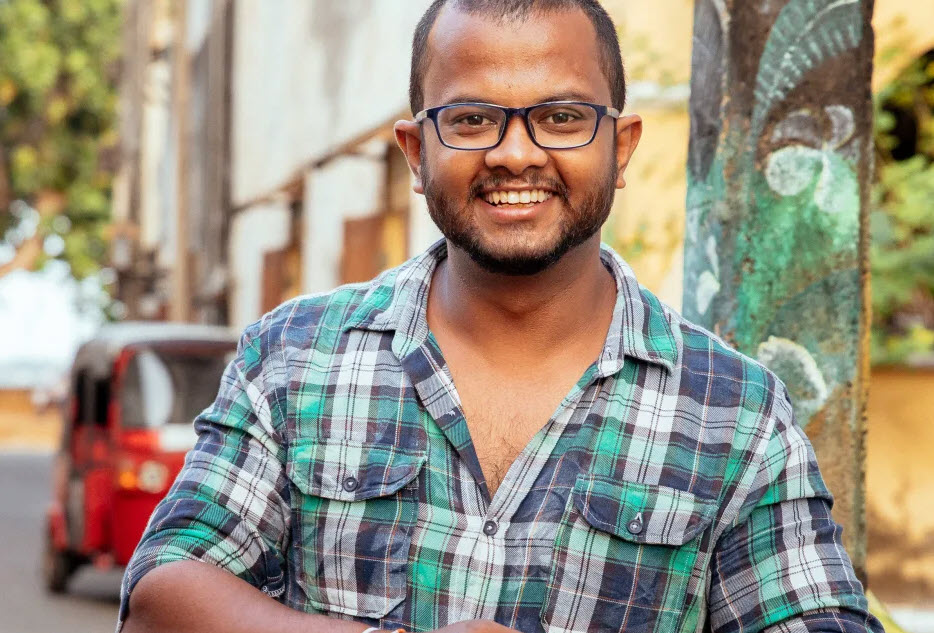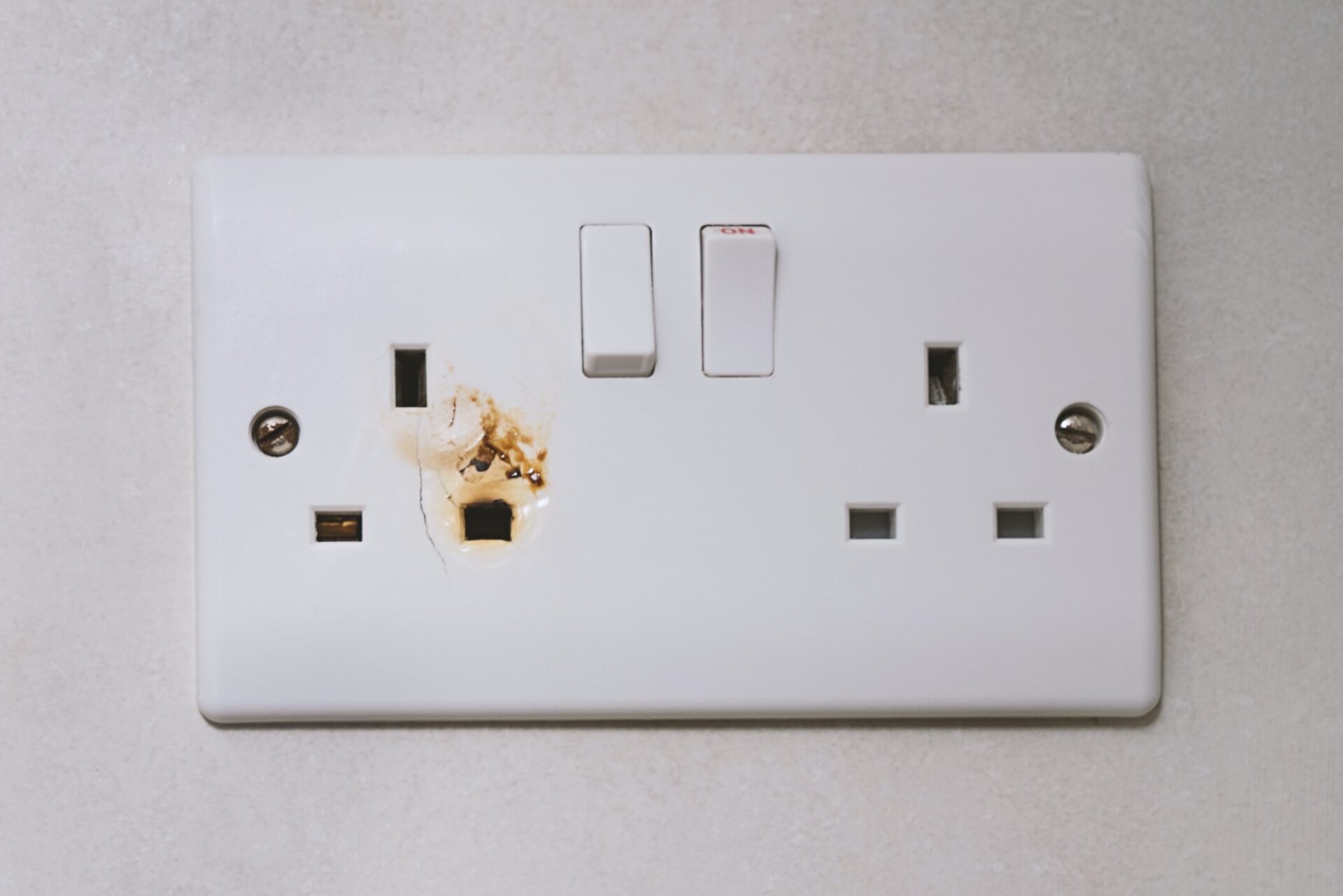A trip to Sri Lanka is an adventure that will enrich your life - but as with any trip to a tropical paradise, there are health precautions you need to take to ensure a carefree journey. Here you can find out which vaccinations are recommended, why they are important and how you can best prepare for your trip. Regardless of whether you are History Sri Lanka in Anuradhapura, exploring the street kitchens or roaming the trails of Yala National Park - the right vaccination will ensure that you stay safe and healthy.
Recommended standard vaccinations for Sri Lanka- The basis for your health
Before getting special tropical vaccinations, you should make sure that your basic immunization is up to date. Vaccinations against tetanus, diphtheria, whooping cough and polio form the basis of your health care and are also recommended in Sri Lanka. You may be thinking: "I've already got all that!" - but it's still worth a quick check with your doctor to make sure your protection is up to date.
A fresh tetanus vaccination, for example, can protect you if you step on a root or injure yourself on a branch while hiking in the rainforest. Diphtheria and polio are also not as rare everywhere as in Germany and can pose a serious health risk if your vaccinations are not up to date. A look at your vaccination certificate is worth its weight in gold here and will allow you to wander through Sri Lanka's breathtaking landscapes with peace of mind.
Tropical-specific vaccinations - protect yourself against country-specific risks
In addition to basic immunization, there are tropical-specific health risks in Sri Lanka that you should protect yourself against. These include hepatitis A and B, typhoid and rabies.
Hepatitis A is transmitted via contaminated water or food and is therefore important if you plan to experience Sri Lanka's street food culture. Hepatitis B, on the other hand, is transmitted through bodily fluids and is particularly advisable if you are in close contact with locals or other travelers. A small jab before your trip and you can enjoy the country carefree - whether meeting locals or exploring the local cuisine.
Typhoid fever is also transmitted through contaminated food or water and is a particular risk in rural areas. If you are traveling off the beaten track, a typhoid vaccination is a wise decision. It protects you and gives you the freedom to experience the country's rural beauty and authentic encounters without worry.
For all those who love nature and Animal world If you want to experience Sri Lanka intensively, a rabies vaccination is also recommended. Sri Lanka is known for its monkey population, and many travelers like to have their photos taken by the curious animals. But even if the Animals often seem peaceful, bites and scratches are not uncommon - and rabies can be a serious danger. The rabies vaccination is a kind of "adventurer's insurance" that gives you the freedom to go out into nature and observe wildlife up close.
Those who venture into remote Regions or rice paddies could also consider vaccination against Japanese encephalitis, a mosquito-borne viral infection that occurs in humid, rural areas. Although the likelihood of infection is low, the vaccination offers protection against a disease that can be severe.
Yellow fever vaccination - when it is relevant
The yellow fever vaccination is generally not necessary for travelers to Sri Lanka from Europe, as there are no yellow fever mosquitoes in the country. However, if you are traveling from a yellow fever risk area such as certain regions of Africa or South America, you will need proof of vaccination, which is noted in your International Certificate of Vaccination. Without this proof, you could be refused entry. A quick check of your passport and travel itinerary will help you to ensure this and avoid any inconvenience.
- Fast charging PD20W: It supports the fast charging protocols PD 3.0, QC 3.0, charges your iPhone 13 by up to 50 % in 30 minutes....
- Worldwide adapter: This international socket adapter with EU, UK, US and OFF plugs covers over 100 countries and regions. Will your...
- All-in-one socket outlet adapter: The universal socket outlet adapter has a compact all-in-one design (6.7 cm x 5.2 cm x 5.6) to fit your...
Letzte Aktualisierung am 2025-04-25 / Affiliate Links / Bilder von der Amazon Product Advertising API
Malaria prophylaxis - protection against the "silent danger"
Sri Lanka officially declared malaria-freebut caution is still advisable, especially in rural, remote areas. The main tourist regions are malaria-free, but if you plan to travel a lot in rural areas, malaria prophylaxis or at least strong mosquito repellent could be useful.
Even if the risk of malaria is low, good preventative measures offer you additional protection - and the reassuring feeling that you have everything under control. An effective mosquito repellent, light-colored, long clothing and mosquito nets are part of the basic equipment for the tropical regions and ensure that you can enjoy the country to the fullest.
Dengue fever - protection against the growing threat
Dengue fever is a serious disease that is transmitted by diurnal mosquitoes and occurs mainly in urban areas of Sri Lanka. The risk is particularly high during the rainy season, when many small pools of water form. There is no vaccination against dengue - therefore good mosquito protection is essential.
Use mosquito sprays containing DEET, which are particularly effective, and wear long, light-colored clothing. Mosquito nets and air conditioning in accommodation also help to minimize the risk. Dengue mosquitoes are also active in cities such as Colombo and Kandy, and well thought-out mosquito protection is the best precaution.
Practical tips - preparation and vaccination dates
To be optimally prepared, you should take care of all the necessary vaccinations around six to eight weeks before your trip. Some vaccinations require several doses, so an early visit to the doctor is advisable to ensure that you are fully protected at the start of your trip. Make a note of the exact dates and visit a tropical institute or your GP to go through all the recommendations for Sri Lanka.
An international vaccination certificate in which all vaccinations are listed is useful when traveling. This can be an important aid in medical emergencies and gives doctors a quick overview of your protection status. You have to pay for most vaccinations yourself, but some health insurance companies offer reimbursement for travel vaccinations. A quick call to your health insurance company will clarify whether and how much you will be reimbursed - this not only saves money, but also time and nerves.
Safe and healthy travel - How to make the most of your Sri Lanka adventure
With all these preparations, you can concentrate on the unforgettable experiences in Sri Lanka full of anticipation. To stay healthy while traveling, follow a few simple but effective basic rules: Only drink bottled or boiled water, make sure your food is hygienically prepared and keep your distance from standing water where mosquitoes might gather.
A small first aid kit with plasters, disinfectant and electrolyte powder can be helpful in the event of minor injuries or stomach upsets. Make sure you sleep in rooms protected from mosquitoes and always have a good mosquito repellent to hand. This way, you will be safe, healthy and relaxed for Sri Lanka's adventures - from the vibrant culture to the quiet moments in nature.
With the right health precautions, your trip to Sri Lanka will be a unique experience. From exploring the street markets to visiting temples, everything is open to you - healthy and safe.
Sri Lanka vaccinations - The checklist
This checklist will help you keep track of all the important vaccinations and precautionary measures for your trip to Sri Lanka.
1. standard vaccinations (basic immunization)
- Tetanus
- Diphtheria
- Whooping cough (Pertussis)
- Polio (polio)
NoteThese vaccinations are part of the basic immunization. Check your vaccination record and have a booster if necessary.
2. recommended tropical vaccinations
- Hepatitis A (transmissible through contaminated water/food)
- Hepatitis B (transmissible through body fluids; important for close contact)
- Typhoid fever (especially when traveling off the beaten track and in rural areas)
- Rabies (recommended for contact with animals, e.g. monkeys or dogs)
NoteThese vaccinations are particularly important if you are staying in the country for a long time or traveling in rural areas.
3. optional vaccinations (for special travel plans)
- Japanese encephalitis (recommended for longer stays in rural and humid areas, e.g. rice fields)
NoteThis vaccination is only necessary if you want to stay longer in remote or rural regions.
4. yellow fever
- Yellow fever (only required if you have been in a yellow fever endemic area within the last six days before entering the country)
NoteIf you are traveling directly from Europe to Sri Lanka, this vaccination is not required.
5. prevention of mosquito-borne diseases (dengue fever, malaria)
- Mosquito repellent (containing DEET or Icaridin)
- Long, light-colored clothing (especially at dawn and dusk)
- Mosquito net and/or air conditioning in the accommodation
NoteDengue fever is particularly prevalent in cities. Malaria prophylaxis is generally not necessary as Sri Lanka is considered malaria-free, but effective mosquito protection is recommended.
6. further tips
- Check and update your vaccination record
- Start vaccinations at least 6-8 weeks before departure
- Schedule a doctor's visit for tropical and travel advice

